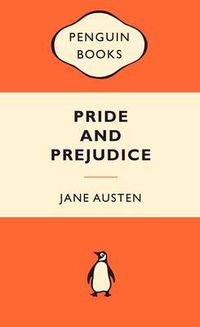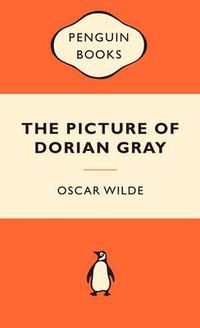So it’s June, somehow. The passage of time is clear to the bookseller, who is always reading into the future, partially living in the idea of the months to come. This is also the time of year when I let you know that we’re about to start seeing the big titles that will come with publishers’ high hopes for the gifting season, which I’m sorry to tell you means that 2024 is basically over. Time and its passing – and a person’s selfhood and identity in time’s shift – are thematic to our magnificent Fiction Book of the Month, All Fours by Miranda July. As a long-time fan of July, I knew this book was going to be special before I read it. I was buoyed and invigorated when I found this sense to be true upon reading, and since then have been thrilled to find colleagues who are new to July become equally obsessed with her work, one by one. All Fours is a game changing book on a lot of different fronts, and it’s exciting to have it in stores at last. You can read my full review here.
Bruce Pascoe has been busy over recent months talking about his most recent book, Black Duck, a memoir he co-authored with Lyn Harwood. This month discussion will turn to his novel, Imperial Harvest, a work of historical fiction set in the Khan empire of the 13th century which our reviewer calls, ‘an ambitious and entrancing meditation on violence’. Joining Pascoe’s novel this month are several new works from writers who have recently won or were in contention for major awards: Jenny Ackland (Stella Prize shortlistee in 2019 for Little Gods) publishes her third novel, Hurdy Gurdy; Kate Kruimink (winner of the 2020 Australian/Vogel’s Literary Award for A Treacherous Country) publishes her second book, Heartsease; and Lia Hills (longlisted for the 2018 Miles Franklin Literary Award with The Crying Place) publishes The Desert Knows Her Name. The late writer and filmmaker, Shirley Barrett (perhaps best known for winning the Caméra D’Or in 1996 for her first film, Love Serenade) was working on finishing Mrs Hopkins at the time of her death in 2022, and the resulting book is published posthumously this month. Also out this month is the next suite of eight First Nations Classics from UQP, and includes, among other notable works of fiction, nonfiction and poetry, the novel Plains of Promise by the winner of this year’s Stella Prize, Alexis Wright.
Our reviewers this month are making major proclamations: ‘I have not truly been able to say a book has me gripped in quite the way this one did for a long time’ (Blue Sisters by Coco Mellors); 'my favourite book of 2024’ (Sandwich by Catherine Newman); 'everything I love in a novel’ (BRAT by Gabriel Smith); 'an essential 2024 novel for readers of absurdism, queer texts, and horror’ (How it Works Out by Myriam Lacroix); 'a slim novel packed with brilliant, glittering ideas… I have dog-eared numerous pages for revisiting’ (Parade by Rachel Cusk); ‘a book that inspired… such immense sorrow when I finished reading… It has everything I need in it’ (Mrs Gulliver by Valerie Martin); ‘I couldn’t put it down… Worth waiting 16 years for’ (Scaffolding by Lauren Elkin). See what I mean? There are also equally enticing reviews for: the new novel by R.O. Kwon (author of the wonderful The Incendiaries); Essie Chambers’ mesmerising debut, Swift River; Roz Dineen’s debut work of climate-emergency fiction, Briefly Very Beautiful; and Irish writer Kevin Barry’s brilliant and funny western set in 1890s Montana, The Heart in Winter, which was 25 years in the writing, and has the honour of containing one of the most vividly hilarious descriptions of a hangover you’ll ever read. Our Crime Book of the Month is Smoke by journalist and author Michael Brissenden, which is praised by our reviewer, as well as by crime-writing royalty including Dervla McTiernan, Chris Hammer, and Don Winslow.
Our Nonfiction Book of the Month is Safe Space by Melbourne writer and anti-racist advocate Alyssa Huynh. Subtitled ‘My Experience of Racism in Australia and How I Found Hope Through Community’, this is a book that, as our reviewer writes, ‘everyone needs to read … It is a book for people who have experienced racism, for those who wish to be advocates against it, and for those who strive to be allies’. A book that gives voice to Huynh’s experience while also guiding readers through ways of responding to, acknowledging and acting against racism, this book promises to be an important tool for creating cultural and personal safety, and, as our reviewer makes clear, should be mandatory reading. We also recommend memoirs from Ariane Beeston, Khin Myint, and Griffin Dunne, along with historian Josephine Quinn’s How the World Made the West, among the abundance of nonfiction releases this month.
And finally, dear reader, I’d like to join Joe and Mark and all of Readings in congratulating our Hawthorn shop manager, the irrepressible Desiree Boardman, on her retirement. Desi is a true force of nature, an incredible bookseller, and a lovely person too, and I’ll miss working with her.





